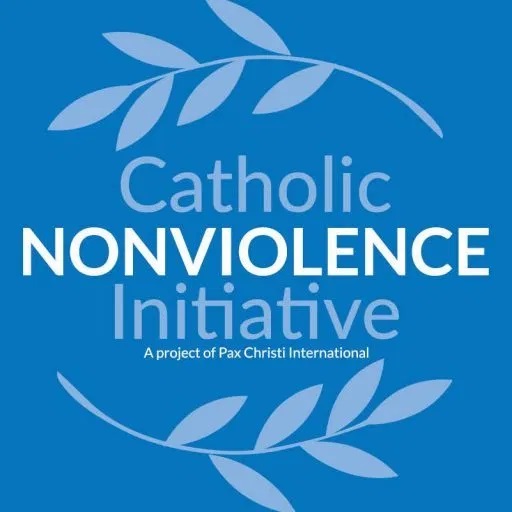What is “just peace?” In recent decades, representatives of various church traditions have called on their churches to move away from, replace, or transcend the “just-war” framework for discerning responses to war and violence in some way, in favor of a “just peace” framework. Recently and prominently, such a call came from Catholics gathered in Rome in April 2016, where we issued an “An Appeal to the Catholic Church to re-commit to the centrality of Gospel nonviolence.”
As a contribution to work following up on that appeal by the Catholic Nonviolence Initiative — and as a reference point for scholars in my field of Christian ethics — I have been trying to articulate what we mean by “just peace.” The “we” here would be some consensus of groups and people who have been advocating for a “just peace” or “just peacemaking” framework. Although most are Catholics and ecumenical Christians, many of us are also in conversation wider disciplines, other faiths, and other schools of thought.
On this page I am making the results available in two forms:
- A relatively short synthesis of just peace norms organized according to the categories of:
- jus in conflictione – normative dispositions, skills, virtues, and principles for acting justly and wisely amid all conflicts.
- jus ex bello – normative practices that allow actors on every side to escape vicious cycles of violence and retribution that may seem justified by the past, but that nonetheless invite continuing cycles of violence in the future.
- jus ad pacem – guidelines for attending to the social and ecological conditions that promote and sustain human thriving at every stage of conflict — from prevention to post-conflict.
(Also included are a list of background assumptions, and an addendum for distinguishing between just policing and war.)
- A longer document that expands on this synthesis by “showing my work” through a collation of what other scholars and church bodies have said about “just peace” and “just peacebuilding.”
It would be disingenuous of me to claim that the results of my survey, collation, and synthesis are a perfectly objective summary, free of any normative recommendations of my own. The very task of categorization involves judgments about what to prioritize at what level. And admittedly I am proposing that the categories of “jus in conflictione,” “jus ex bellum,” and “jus ad pacem” might be useful ways to articulate a “just peace” framework with a pedagogical elegance that rivals the simplicity of just-war categories (“jus ad bellum,” “jus in bello,” and more recently “jus post bellum”). Still, if this exercise has had integrity, I think I dare hope that it speaks for an emerging approach that is broader than simply the “position” of one ethicist.
Gerald W. Schlabach
March 2018
For additional resources regarding just peace available on this website, click here.
